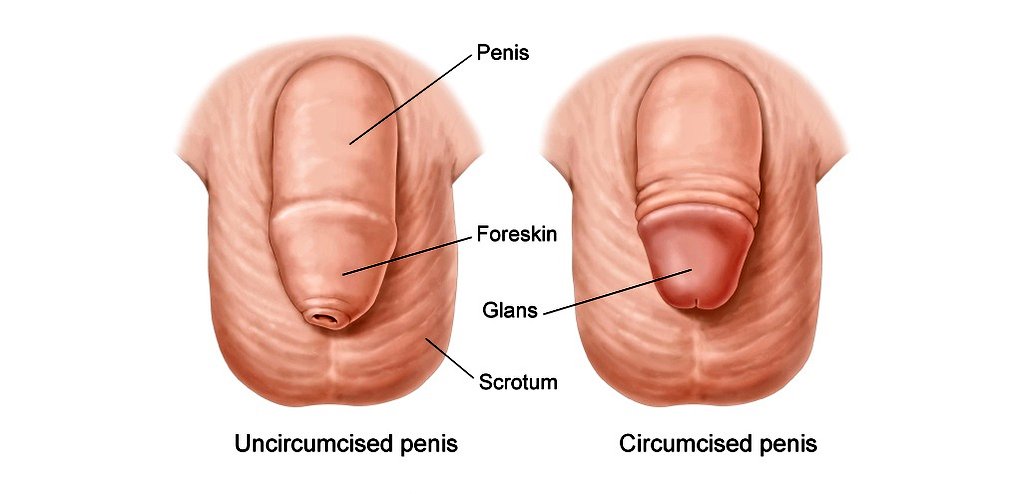
Some people don't breastfeed but discharge milk from their nipples especially when touched.
This is known as galactorrhea!
It's not a disease on it's own, but it could be a symptom of an underlying problem.
A thread 🧵
Please RT for awareness
This is known as galactorrhea!
It's not a disease on it's own, but it could be a symptom of an underlying problem.
A thread 🧵
Please RT for awareness

There's a chemical or hormone in your body known as Prolactin. It is responsible for stimulating breast milk production.
The hormone is made by a bean-shaped organ called the Pituitary gland.
This gland is found in the brain of both men and women.
The hormone is made by a bean-shaped organ called the Pituitary gland.
This gland is found in the brain of both men and women.

Anything that causes too much prolactin to be produced can lead to breast milk discharge or galactorrhea, both in men and women.
Galactorrhea can occur in any woman, even those who have never had children or after menopause.
Some of the causes include;
• Pituitary tumors
• Birth control pills
• Some herbal remedies
• Opioid abuse
• Some sedatives, antidepressants, high blood pressure drugs,
etc
Some of the causes include;
• Pituitary tumors
• Birth control pills
• Some herbal remedies
• Opioid abuse
• Some sedatives, antidepressants, high blood pressure drugs,
etc
So, it is better to see a doctor if you notice any abnormal milk discharge from your breast.
The doctor will check you thoroughly and may do some tests to find out the exact cause of your galactorrhea and offer you the appropriate treatment if needed.
Never assume.
The doctor will check you thoroughly and may do some tests to find out the exact cause of your galactorrhea and offer you the appropriate treatment if needed.
Never assume.
There's a Myth flying around that if a woman discharges milk from her breast, it's a sign of pregnancy or it means she just terminated a pregnancy. This is totally wrong.
RT to correct this!
RT to correct this!
I remain your First Doctor (@firstdoctorr). Hit my follow button to learn more about your health and live healthier.
Join our Telegram channel for exclusive health content: t.me/firstdoctorr
Some medicines used to treat galactorrhea may involve complications like infertility and eye problems.
Also, sometimes a pituitary tumor can cause low levels of the flame hormone known as estrogen. This can increase her risk of having fragile and brittle bones (osteoporosis).
Also, sometimes a pituitary tumor can cause low levels of the flame hormone known as estrogen. This can increase her risk of having fragile and brittle bones (osteoporosis).
Shop for your safe, effective and affordable baby care products at mobabycare.com! 







• • •
Missing some Tweet in this thread? You can try to
force a refresh








